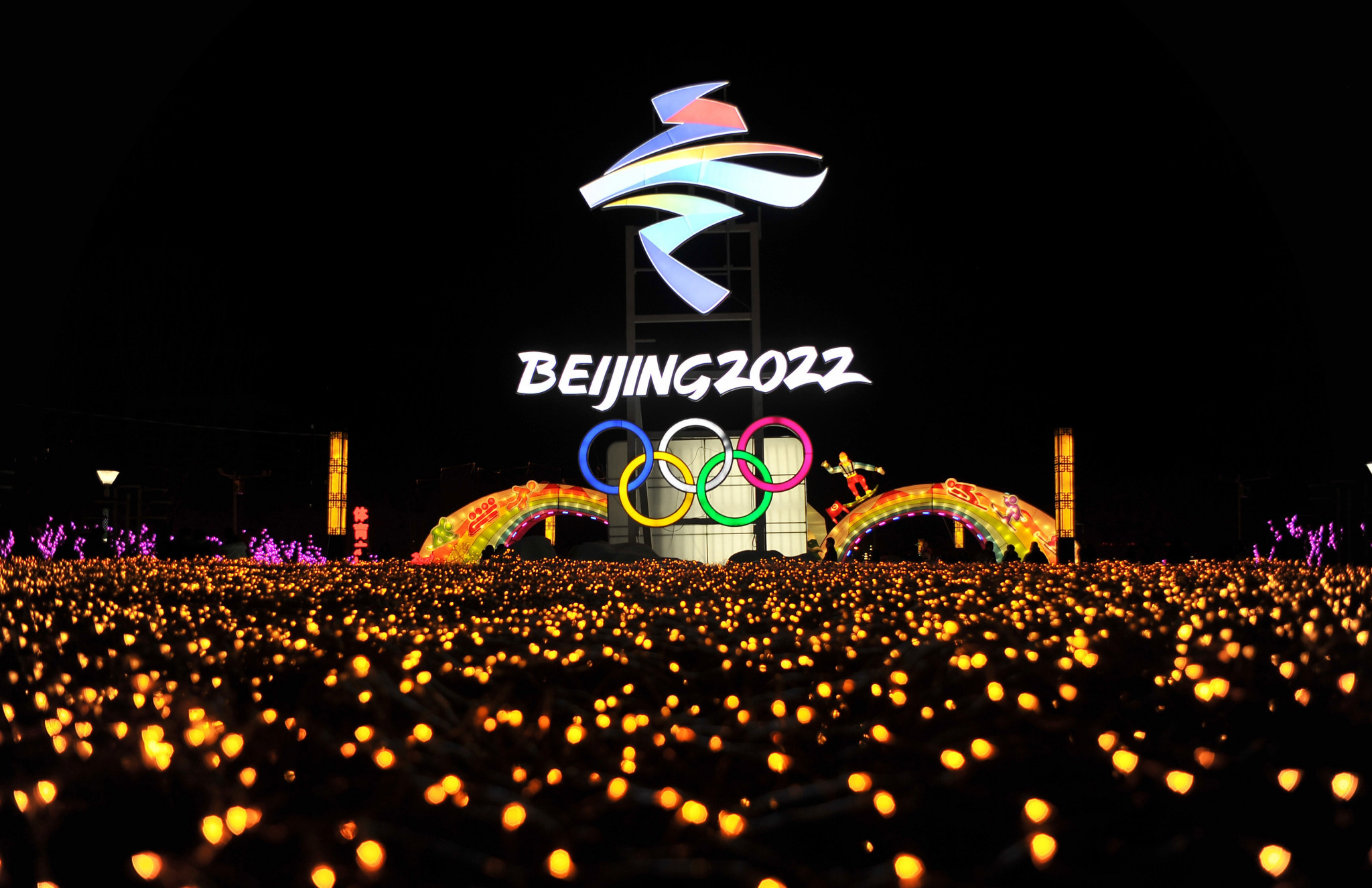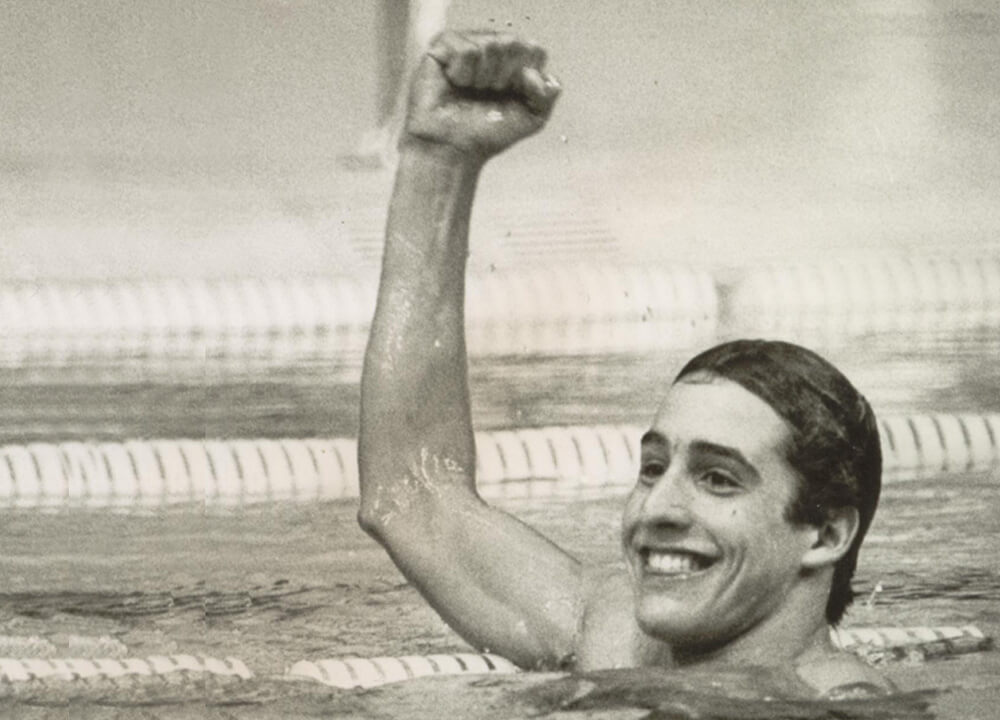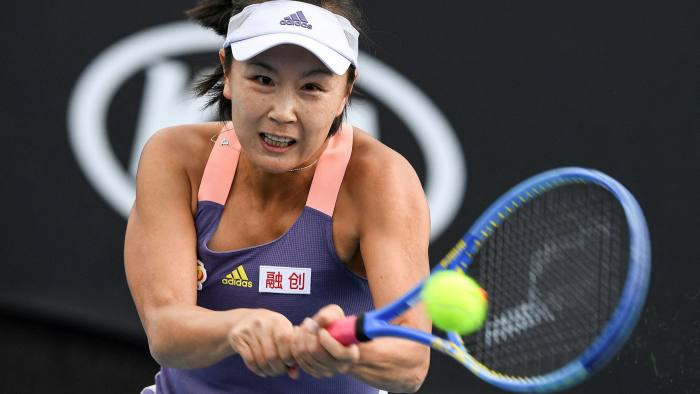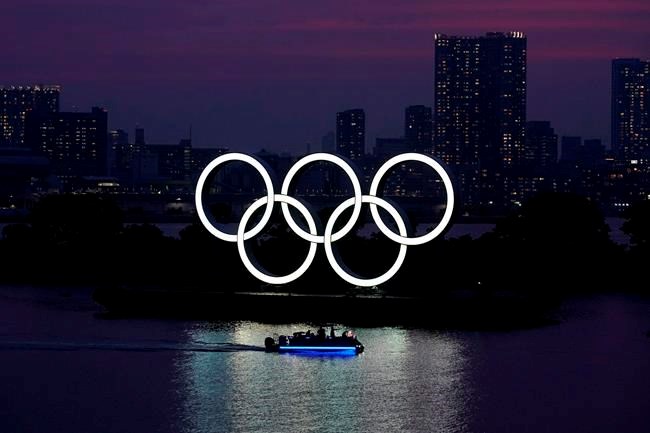By: Zachary Draves
Amid the growing consensus to hold China accountable for its egregious human rights abuses, the United States made it crystal clear where it stood in a big way.
The Biden Administration announced that they will not be sending an official US delegation to the upcoming 2022 Winter Olympics in Beijing.
Team USA will still be competing but the federal government will not be sending any government officials as is customary to the opening ceremonies and the same holds true for the Paralympics to be held in Beijing as well.
This move comes a time of heightened tension between both the US and China economically and militarily, not the least of which pertaining to the atrocities being committed by China in the form of torture against the Uyghur population in western region of Xinjiang, the repression of democracy in Hong Kong, the jailing of political dissidents, and the vulnerability of the democratic state of Taiwan.
Also China refuses to acknowledge the safety and well-being of tennis player Peng Shuai who disappeared over a month ago after accusing a prominent Chinese government official of sexual assault.
A case that has garnered international attention from the sporting community and led the Women’s Tennis Association (WTA) to pull tournament play out of China.
A full overview of China’s crimes against humanity can be found at Amnesty International https://www.amnesty.org/en/location/asia-and-the-pacific/east-asia/china/.
As a result, White House Press Secretary Jen Psaki said that “US diplomatic or official representation would treat these games as business as usual in the face of the PRC’s egregious human rights abuses and atrocities in Xinjiang, and we simply can’t do that.”
This move also makes it clear that the athletes themselves are not being penalized and won’t be scarifying their years of training.
A reversal from the full U.S. boycott of the 1980 Summer Olympics in Moscow at the height of the Cold War between the US and the Soviet Union.
Even though some like NBA player Enes Kanter Freedom have called for a complete boycott of the Beijing Games, it is much more realistic to make a statement about human rights in this fashion without having to jeopardize the athletes’ chances at Olympic glory.
If individual athletes choose to boycott that is one thing, but it is entirely different to force all the athletes to fall in line.
History has shown that the boycott of the Moscow Olympics left a bitter taste in the mouths of many athletes who felt that their tremendous sacrifices to achieve greatness on the world stage was wasted.
It also didn’t do anything to simmer the tensions between the US and the Soviet Union because four years later, the Soviets boycotted the 1984 Summer Olympics in Los Angeles.
So a diplomatic boycott sets the right tone and strikes a proper balance between sport and human rights all the while working towards a long term goal.
Furthermore, the IOC has to be called out for its hypocrisy and sitting on their hands in the face of injustice, which is nothing new when looking at its history.
Rob Koehler, Executive Director of Global Athlete, provided the following statement that explicitly calls the IOC to task:
“The IOC first and foremost is to blame for awarding the Games to China. It is the IOC who decided to award the Games to a country with an abysmal human rights record. Similar discussions of a boycott occurred prior to the 2008 Beijing Olympics which is a clear display that the Olympic movement has not changed. To avoid these situations from ever occurring again, governments who decide on a diplomatic boycott must also display leadership in demanding that the Olympic and Paralympic movements reform. Government and their NOCs must demand that the IOC immediately rescind Rule 50.2 to allow athletes freedom of expression, which would permit and protect the athletes’ ability to peacefully protest in Beijing and future Games. Governments and NOCs must also demand that human rights be embedded into the Olympic/Paralympic Charters and host city bid requirements. As the largest funders of sport, governments can no longer accept the IOC and IPC’s status quo. Olympians and Paralympians are humans first, athletes second. Governments have a duty of care to their athletes and to their citizens to ensure their basic human rights are protected when representing their country.”
Whatever happens going forward remains to be seen, but this move by the US in conjunction with other governing bodies and sporting organizations is setting the context that human rights should be the top priority.
A gold, silver, and/or bronze medal should not be the shiny objects that distract us.


 NFL
NFL





